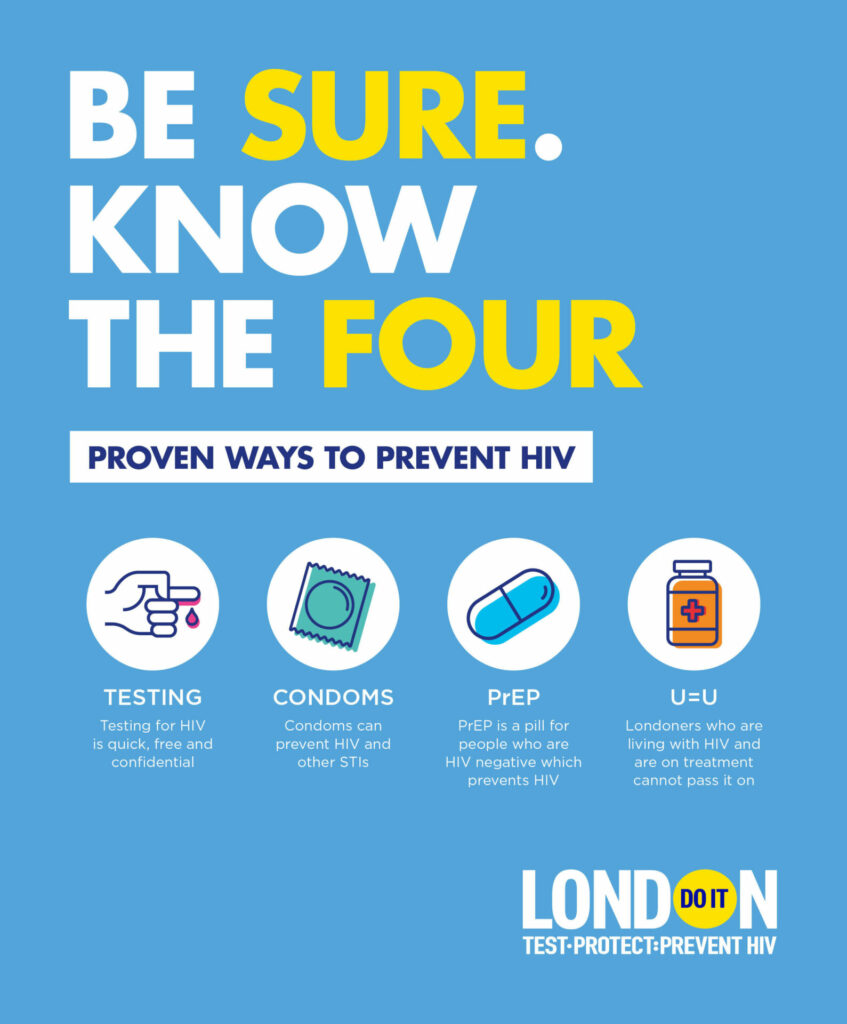World AIDS Day: PrEPster founder Marc Thompson on building bridges on HIV awareness
In partnership with Do It London
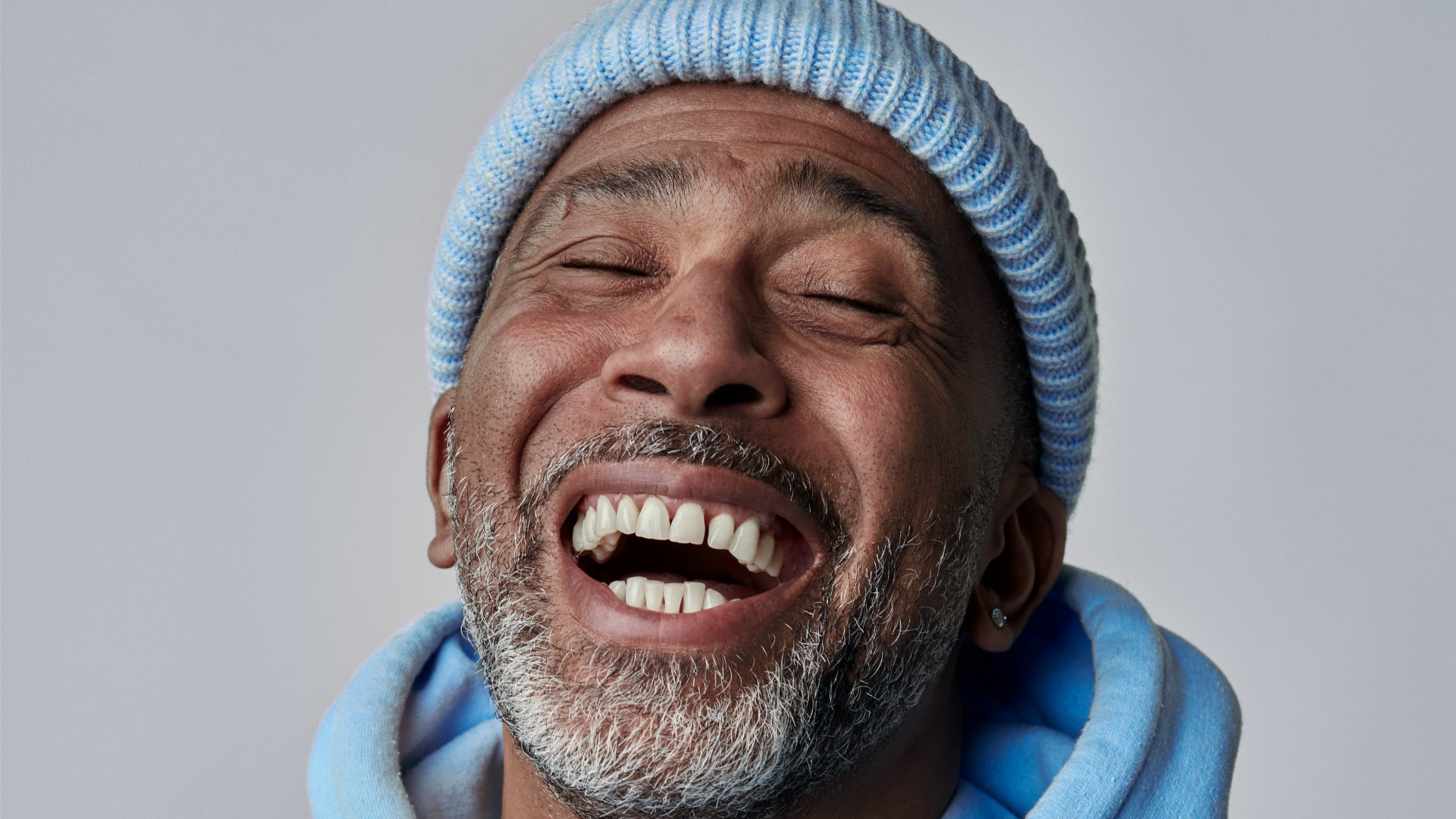
Londoner Marc Thompson is a beacon of resilience and advocacy in the realm of HIV awareness and community empowerment. As the director of The Love Tank, a not-for-profit community interest company dedicated to promoting health and wellbeing among marginalised communities, Marc channels his lived experience into transformative initiatives. Also co-founder of PrEPster, a group advocating for PrEP awareness in England, Marc stands at the forefront of the fight against HIV.
Living with HIV for almost 38 years, Marc’s personal journey intertwines with his professional endeavours, creating a powerful synergy that’s propelling positive change in the community. To mark World AIDS day, he shares his remarkable story and insights on behalf of Do It London, shedding light on the evolving landscape of HIV prevention and the collective efforts needed to end transmissions by 2030.
I’ve been living with HIV since 1986, diagnosed at 17. Unlike today, it was a time devoid of treatment – a dark period with little hope and rampant homophobia. It was isolating, lonely, and frightening. Being a Black gay man with HIV, I didn’t know anybody who had HIV who looked like me. Engaging with healthcare services, I often found myself among older, white men. I kind of straddled this space of being part of the Black queer community, being part of the HIV community, but not really sitting in both because of my diagnosis.
“The HIV community provided crucial support”
I didn’t start treatment until 2001, so almost 15 years post-diagnosis. Living on a wing and a prayer during that time – and the great immune system passed down by my parents – the HIV community provided crucial support. A fantastic counsellor helped navigate the complexities in my head and heart.
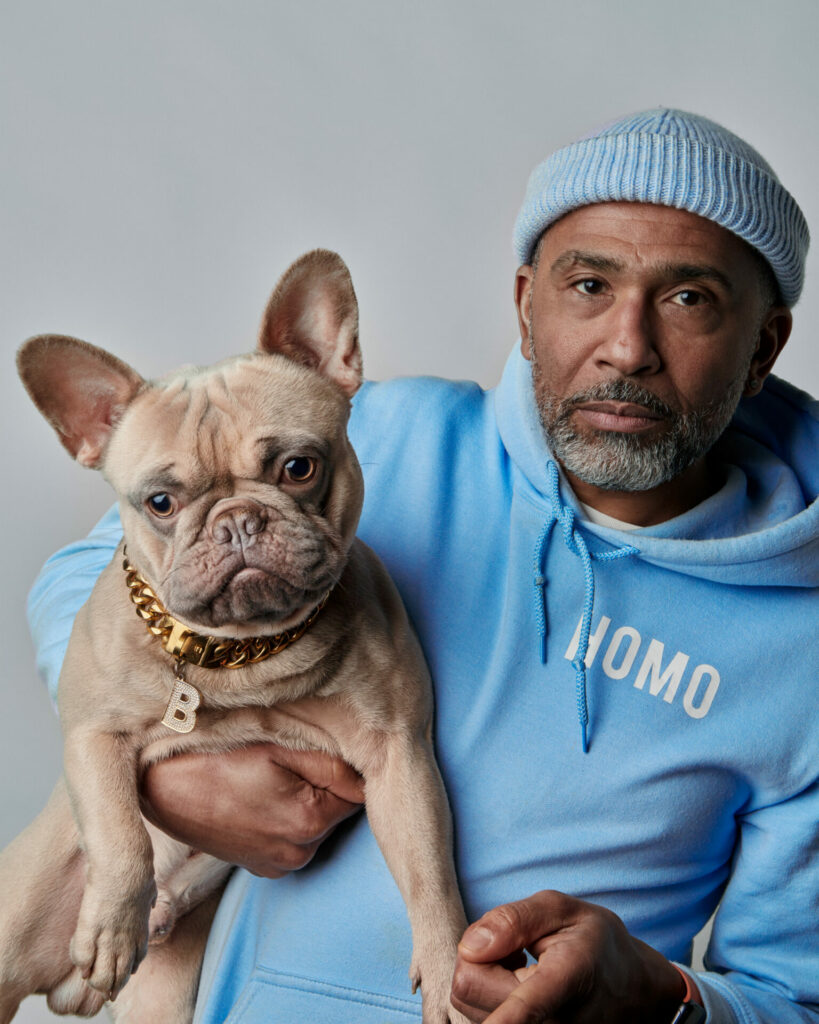
I was also incredibly lucky that I had a very supportive, loving and accepting family. Where I did find stigma was within the gay community, because there was a real lack of information back then and people didn’t know other people who were positive – and the only vision they had of it was infection and death.
Later, when I began to create spaces for Black gay men around HIV prevention, it enabled me to feel a bit more supported – and it led me on my path toward trying to make a difference.
“I see HIV evolving towards a world where we are HIV equal”
Testing and condoms have been around for a while now, providing the basis of our HIV prevention toolkit. These days, the game-changers are PrEP and Undetectable Equals Untransmittable (U=U). U=U diminishes internalised stigma, shifting responsibility. PrEP further alters the dynamics.
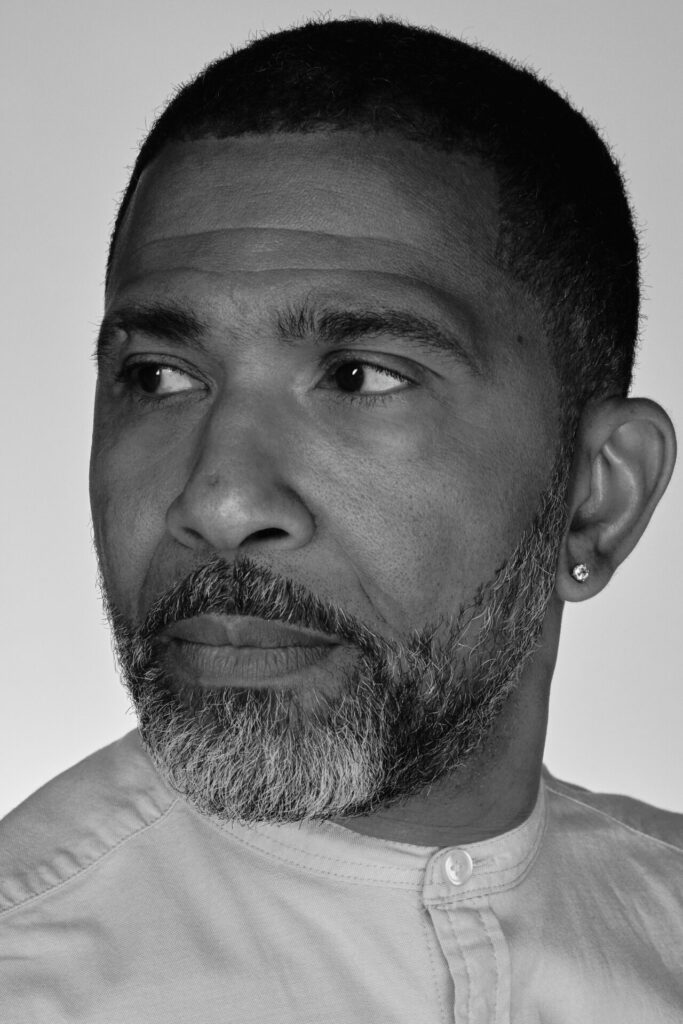
Do It London, the London HIV prevention campaign, has been promoting these four ways (testing, condoms, PrEP and U=U) since 2015. The campaign makes all Londoners aware that HIV is preventable, that an HIV diagnosis is treatable, and that treatment acts as prevention. Now, I see HIV evolving towards a world where we are HIV equal, and not defined as ‘positive’ or ‘negative’.
“It’s crucial to know none of us are alone”
Today, we’re lucky that multiple prevention methods exist, including anonymous HIV tests online or at clinics – you don’t even have to give your name or address. There’s also lots of information online where you can find out from PrEP users about the benefits of it and how it’s improved their lives. With over 100,000 people with HIV in the country and 33 million globally, it’s crucial to know none of us are alone – there’s a massive support network out there.
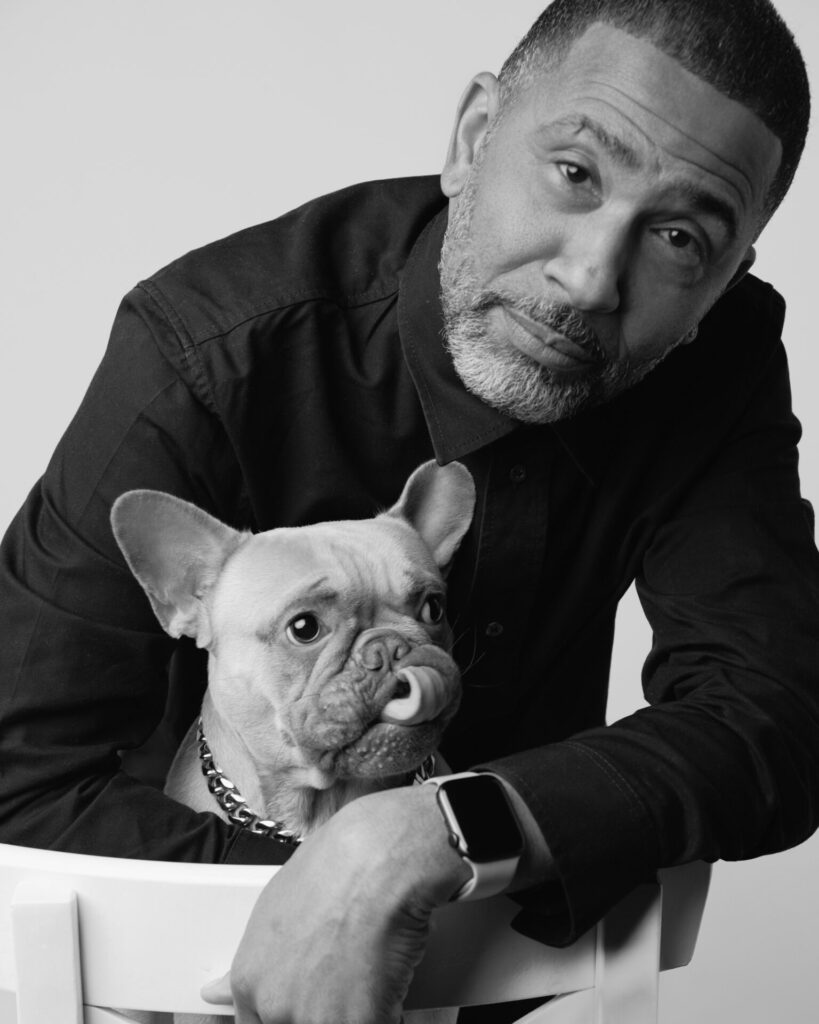
HIV affects anyone having sex, but disproportionately impacts certain communities. On World AIDS Day, we must address it honestly, acknowledging that risk persists and reminding people that it’s a constant concern, not a once-a-year issue. This is something that impacts millions of people globally every day.
“Ending transmissions by 2030 requires our collective commitment”
HIV is an undeniable part of our world—woven into our history, present, and future. As a community, we can’t afford to turn a blind eye to it. While huge progress has been made since my diagnosis, our potential for positive change knows no bounds. Let’s extend the conversation, ensuring that marginalized individuals have unfettered access to the prevention pillars in the Do It London initiative. After all, ending transmissions by 2030 requires our collective commitment and action. Together, we can create a future where HIV is not a barrier but a bridge to understanding, compassion, and unity.
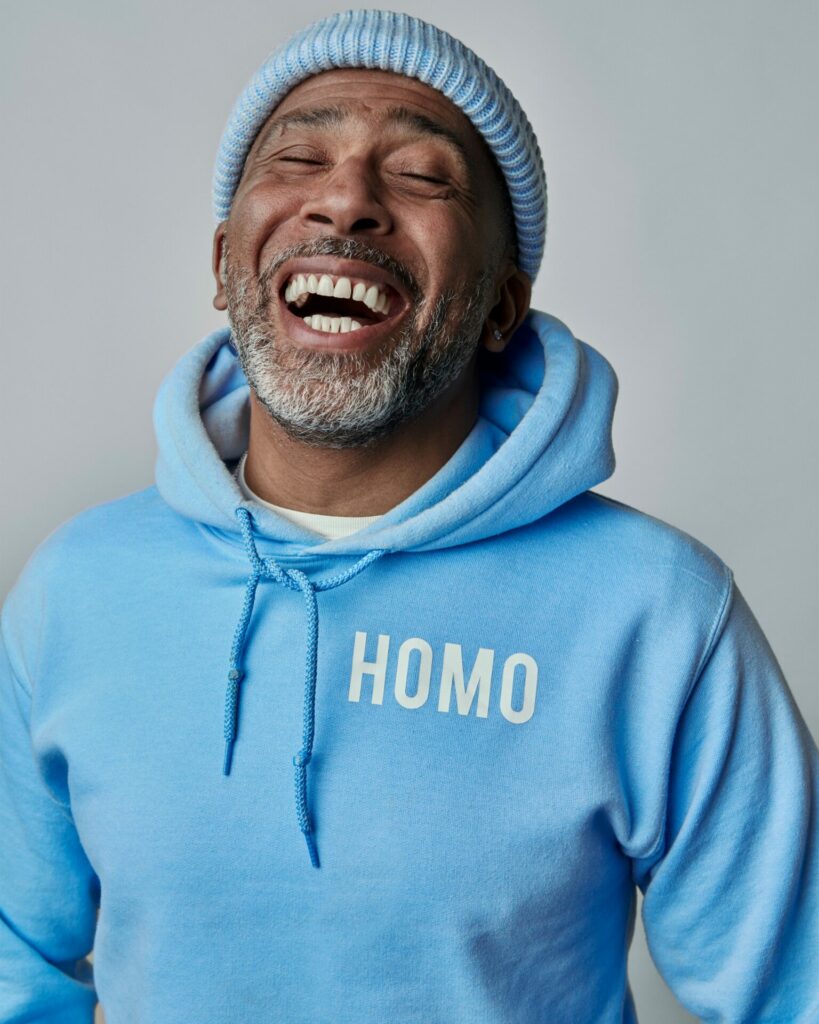
Do It London is an HIV prevention and awareness campaign for all Londoners by the London HIV Prevention Programme. The campaign was first launched in 2015 in response to rising rates of HIV transmissions in the capital. Visit doitlondon.org to learn more.
